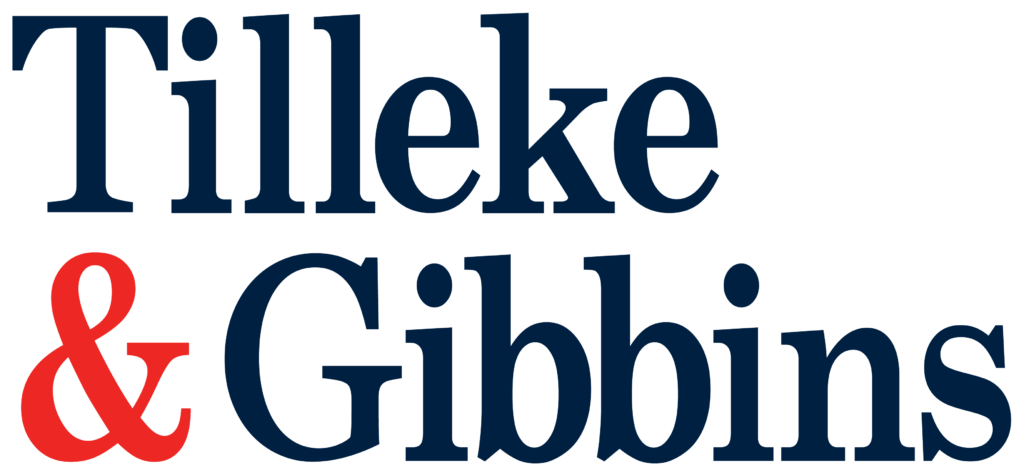State Bank Of Vietnam Updates Conditions For Foreign Loans.
On June 28, 2024, the State Bank of Vietnam (SBV) issued Circular No. 19/2024/TT-NHNN to amend certain regulations of Circular No. 08/2023/TT-NHNN dated June 30, 2023 (‘Circular 08”), on conditions for foreign loans not guaranteed by the government (“Circular 19”).
Circular 19 took effect on July 1, 2024, and provides changes in relation to, among other things, foreign loans to pay for goods import contracts and letters of credit.
Foreign Loans to Pay for Goods Import Contracts
Circular 08 exempts foreign loans in the form of deferred payment for imported goods (a buyer-seller relationship) from applicable foreign loan conditions. Circular 19 adds provisions regarding foreign loans taken out by non-bank borrowers (a buyer-seller-lender relationship) to make the deferred payments for goods import contracts for the implementation of an investment project, production or business plan, or other project.
In this case, the foreign loan’s purpose is determined to be for implementing an investment project, production or business plan, or other project; and the borrower can exclude medium- and long-term foreign loan balances arising from the deferred payment in the import contracts when calculating the foreign loan limit. In addition, the borrower is allowed to borrow from foreign lenders to pay for the goods import contract via letters of credit. However, it is worth noting that other requirements relating to the loans are still applied to the borrower, such as foreign loan agreement, currency, and records/reporting obligations
Letters of Credit
Following the reclassification of letter of credit (L/C) activities from a “payment service” to “extension of credit” under the Law on Credit Institutions 2024, Circular 19 supplements L/C activities into the current foreign loan regulatory framework, including adding foreign loans between credit institutions and branches of foreign banks (as issuing banks) and non-resident banks (as reimbursing banks) where issuing banks are the borrowers and the reimbursing banks are the lenders upon making payment to the beneficiary.
Fortunately, foreign loans from L/C activities are exempt from requirements to prepare a plan for the use of foreign loan capital or a debt rescheduling plan, as well as the limits on short-term foreign loans applicable to borrowers who are commercial banks, foreign bank branches, and other credit institutions.
Interested parties should also note that L/C activities are regulated in greater detail under Circular No. 21/2024/TT-NHNN dated June 28, 2024, which took effect on the same day as Circular 19.







